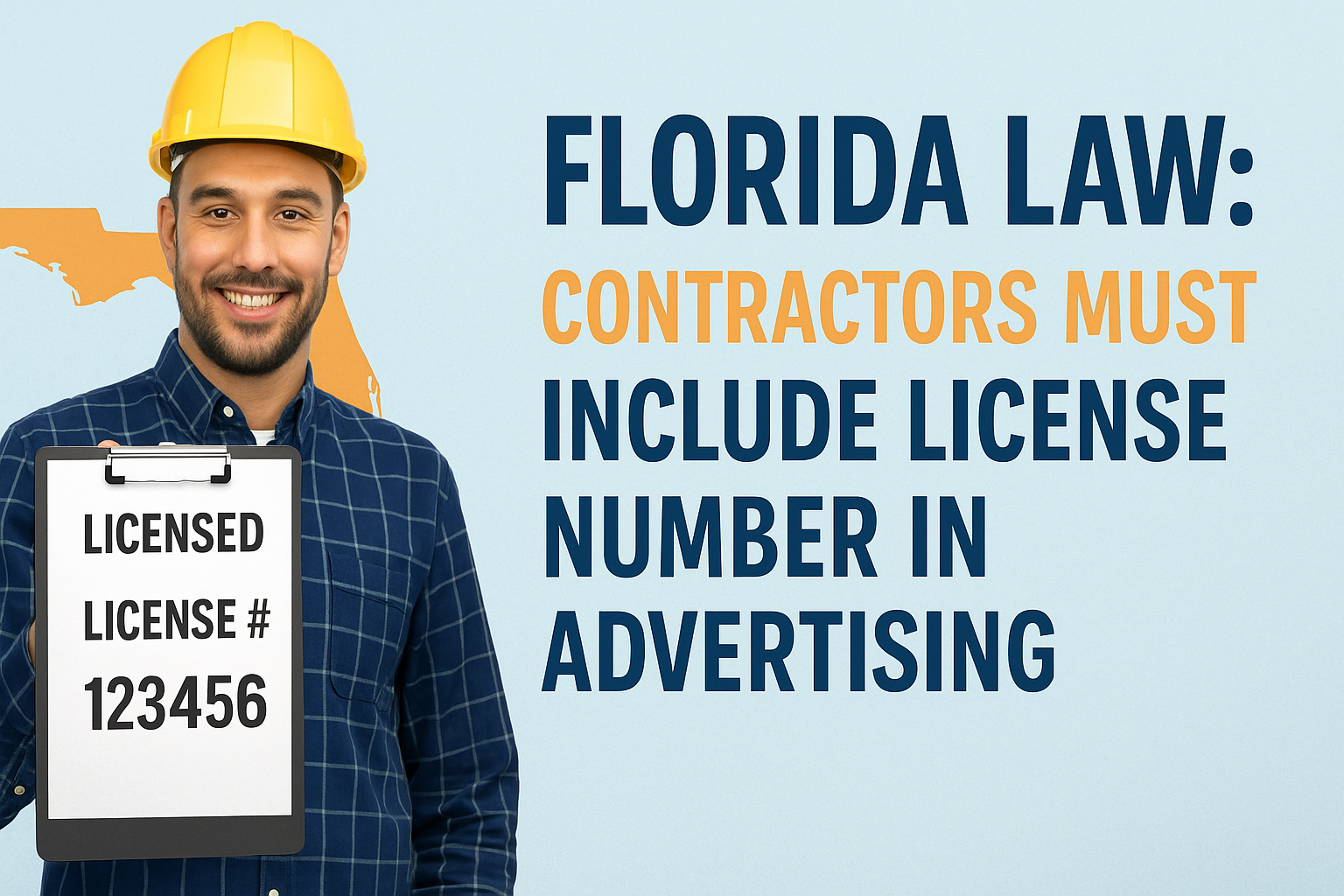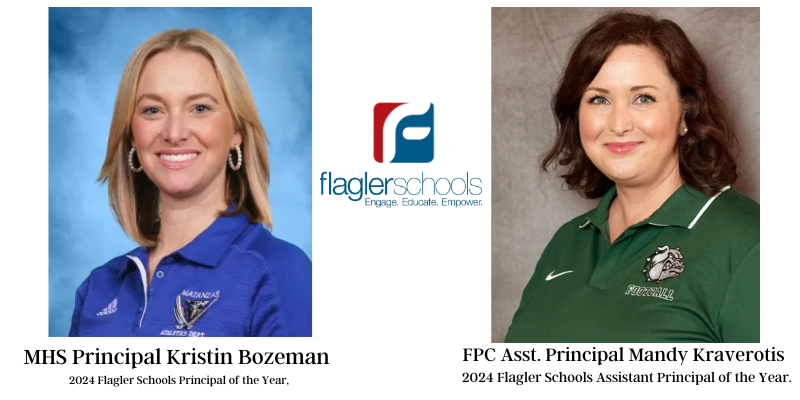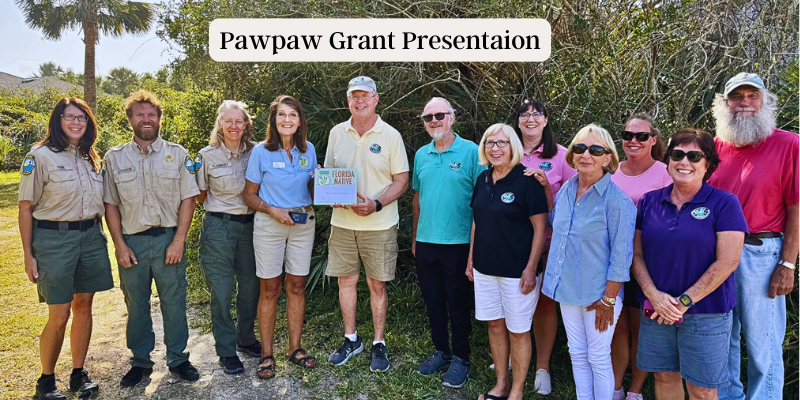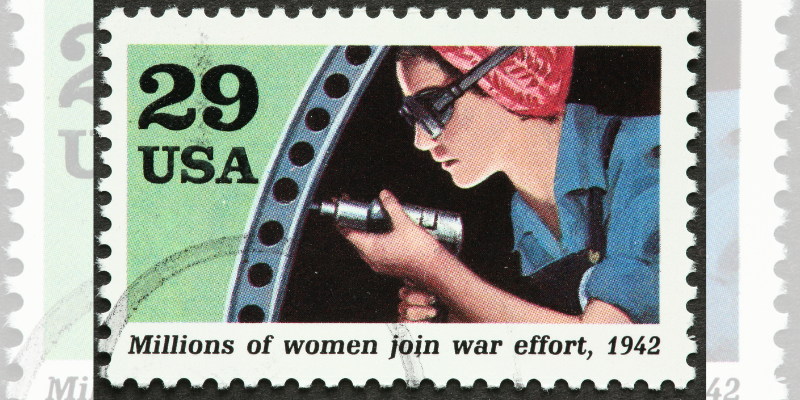Palm Coast Local
Locals Helping Locals

General

- Details
- Written by: Palm Coast Local
- Parent Category: Business Blog
- Category: General
Florida Contractor Advertising Law: Why Your License Number Must Appear Everywhere
Florida’s licensing laws don’t just require you to be certified — they require you to show it.
Every licensed plumber, electrician, roofer, or builder must display their business license number on every advertisement, bid, or public-facing material — no matter the platform.
The goal? To protect consumers and legitimate professionals from unlicensed “handymen” who pose as contractors but aren’t qualified or insured to do the work.
Who Is Considered a Contractor in Florida (and What Isn’t Covered)
Under Florida Statute §489.105, a contractor is defined as anyone who, for compensation, constructs, repairs, remodels, improves, or demolishes a building or structure — or offers to do so.
This covers trades like general contracting, plumbing, electrical, HVAC, roofing, and structural building work.
However, not every trade falls under this definition at the state level.
Florida law was updated to prevent local governments from over-licensing small trades that don’t require state regulation. According to §489.117, counties and cities can no longer require local licensing for work such as:
-
Painting
-
Flooring installation
-
Cabinet making or installation
-
Decorative tile, stone, or marble work
-
Interior non-structural remodeling (without electrical, plumbing, or structural changes)
-
Plaster, stucco, caulking, or similar surface work
So, while these professions can freely advertise their services, state-licensed contractors — like electricians, plumbers, and builders — are still legally required to display their license number in all advertising materials.
In other words:
If your trade requires a DBPR-issued license, your advertising must show it.
If your trade is exempt from licensing, you may still want to display local business registration information for consumer trust — but it’s not mandated by Chapter 489.
1. Legal Foundation: The Law Behind It
-
The requirement comes from Florida Statute §489.119, part of Chapter 489, which governs the construction industry.
-
It mandates that a contractor’s license or registration number appear on every advertisement, bid, offer, or proposal.
-
The rule applies to all forms of media — including digital, print, and broadcast.
-
The Florida Administrative Code Rule 61G4-12.011 expands “advertisement” to include websites, email, and social media posts.
Simply put: if you promote your contracting business publicly, you must include your license number.
2. What Must Be Disclosed — Where & How
Service Offers, Proposals, and Contracts
-
Every written or digital offer must display your license number.
-
It should appear near your company name or contact information.
-
Applies to printed estimates, emails, PDFs, and online quote forms.
Advertisements (Print, Broadcast, and Online)
-
Flyers, billboards, social media posts, websites, and Google ads must all include your license number.
-
It must be visible without scrolling or clicking through links.
-
For radio or TV, it should be stated clearly in the segment.
Vehicle Signage
-
Any work vehicle with company branding must display your license number next to the business name or logo.
-
It must be readable and conspicuous, not hidden near the bottom of a panel or door.
Local or County-Specific Ads
-
Some counties, like Flagler and St. Johns, require additional local competency certificate numbers alongside your state license.
-
Always confirm requirements with your county’s Contractor Licensing Department before advertising.
-
Failure to comply may result in fines or suspended privileges.
Exemptions and Exceptions
-
Items like letterhead, business cards, envelopes, or promotional giveaways are generally exempt.
-
If those items are used for public marketing, it’s safer to include your number anyway.
Digital and Social Media
-
Your license number should appear on:
-
Website homepages, footers, and contact pages
-
Social media bios and post captions
-
Email signatures and digital brochures
-
-
Paid ads (Google, Facebook, Instagram) should include the number in the text or lead to a landing page that does.
3. Local Government and County Enforcement
Flagler County
-
Requires compliance with F.S. §§ 489.119(6) and 489.521(7).
-
License numbers must appear on all local advertising and jobsite signage.
-
Unlicensed activity can trigger fines, stop-work orders, or criminal prosecution.
St. Johns County
-
Local Ordinance 2002-48 enforces Chapter 489 and mandates that licensed contractors display their license number in all local advertising.
-
Violations can lead to fines or suspension of privileges to operate in the county.
Municipal Rules
-
Some cities maintain their own competency registration for certain trades.
-
Always verify your municipality’s building or licensing department requirements before publishing or printing materials.
4. Penalties for Non-Compliance
First Offense
-
Usually results in a Notice of Noncompliance from the Construction Industry Licensing Board (CILB).
-
You’ll have a limited time (typically 30 days) to correct the issue.
Repeat or Uncorrected Violations
-
Can result in citations, administrative fines, or suspension of your license under § 489.119(e).
Unlicensed Advertising
-
Advertising contracting services without a valid license is a violation of § 489.127.
-
May result in civil fines, criminal charges, or felony penalties during declared emergencies.
-
Using someone else’s license number is considered fraudulent advertising and can lead to criminal prosecution.
5. Recent Legislative Updates
-
Senate Bill 76 expanded contractor advertising disclosures to include new consumer warnings and contract language requirements.
-
Enforcement has intensified around digital advertising, as DBPR now monitors social media and websites for compliance.
-
Always check the DBPR website for updates before launching any marketing campaign.
6. Best Practices for Compliance
-
Audit your materials regularly: Make sure your license number appears everywhere you advertise.
-
Keep it consistent: Use a clear label such as “FL License #CFC123456.”
-
Prioritize visibility: Avoid tiny print or footer-only placement.
-
Update promptly: Replace the number everywhere after renewal or business changes.
-
Educate your team: Ensure everyone involved in marketing understands the legal requirement.
-
Report fraud: If someone uses your number, file a report with the Florida DBPR immediately.
7. Why It Matters
-
Protects homeowners and consumers by confirming your credentials.
-
Deters unlicensed individuals who undercut legitimate businesses.
-
Builds trust and credibility for your company.
-
Creates a fair and transparent marketplace for Florida professionals.
8. Takeaway
If your business falls under Florida’s contractor licensing laws, your license number isn’t optional — it’s a legal requirement.
Displaying it proudly shows you’re legitimate, compliant, and part of the solution to stop unlicensed activity across Florida.
PalmCoastLocal.com Disclaimer
The information in this article is provided for general awareness and educational purposes only and reflects Florida regulations as of October 2025.
PalmCoastLocal.com and its contributors are not liable for any errors, omissions, or legal outcomes resulting from the use of this content.
Readers are encouraged to consult the Florida Department of Business & Professional Regulation (DBPR) or a licensed attorney for guidance specific to their trade, county, or business situation.

- Details
- Written by: Palm Coast Local
- Parent Category: Business Blog
- Category: General
Flagler Schools Honors Principal and Assistant Principal of the Year
Flagler County, Fla. PSA: – Flagler Schools is proud to announce that Kristin Bozeman, Principal of Matanzas High School, has been named the 2024 Flagler Schools Principal of the Year, and Mandy Kraverotis, Assistant Principal of Flagler Palm Coast High School, has been recognized as the 2024 Flagler Schools Assistant Principal of the Year. These prestigious honors celebrate their outstanding leadership, dedication, and commitment to the students, faculty, and staff within Flagler Schools.

- Details
- Written by: Mary Ellen Setting: FROGRS Board Member
- Parent Category: Business Blog
- Category: General
Friends of Gamble Rogers State Park (FROGRS) recently received a $500 Community Native Landscape Grant from the Pawpaw Chapter of the Florida Native Plant Society. These funds were used to purchase native plants, trees, and shrubs for the riverside camping area of the park. As these plants mature, they will provide additional shade, enhance privacy between campsites, and create habitats for local fauna.

- Details
- Written by: Palm Coast Local
- Parent Category: Business Blog
- Category: General

- Details
- Written by: Palm Coast Local
- Parent Category: Business Blog
- Category: General
In 1941, Vickie, a bright-eyed seventeen-year-old from Uniontown, Pennsylvania—a coal mining town—was eagerly preparing for her 18th birthday. The sound of swing music filled the air, as she and her friends danced, anticipating the celebration.
Suddenly, their joy was cut short by an urgent broadcast from the President of the United States. The date was December 8, Vickie's Birthday, and the announcement marked the nation's entry into World War II. Vickie's dreams of a joyous celebration faded, replaced by a sense of duty and resolve.